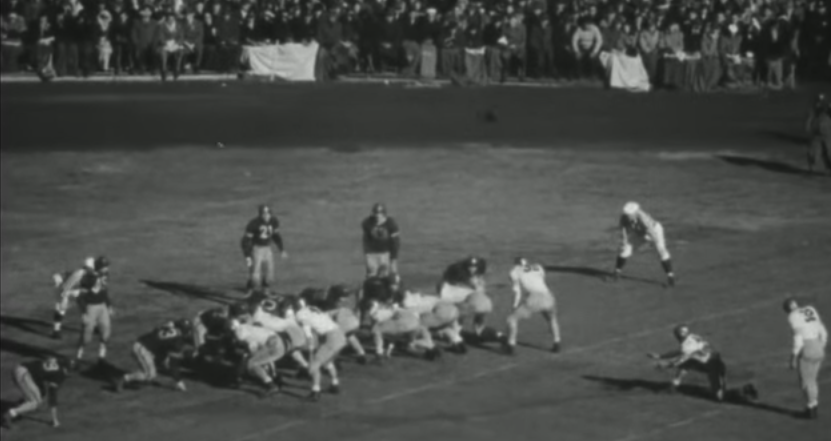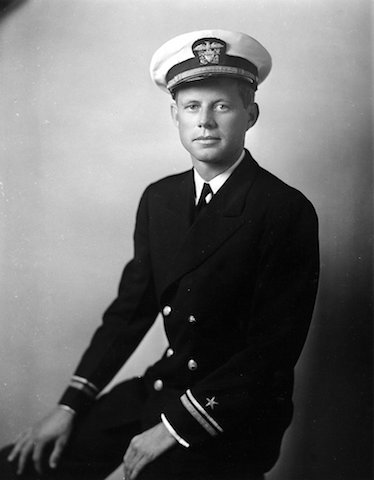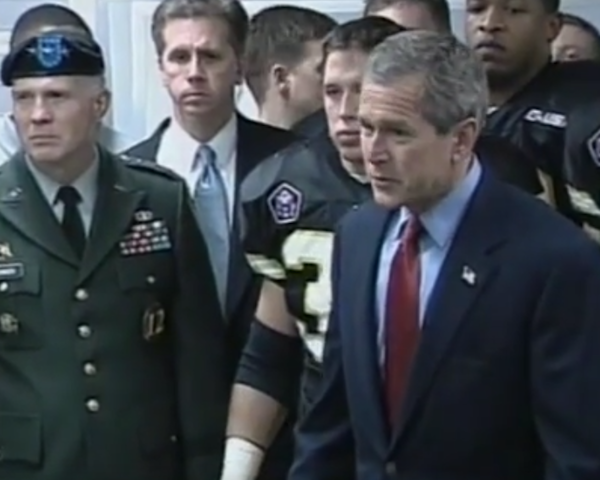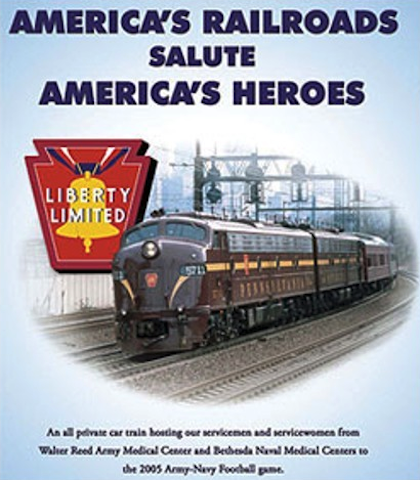The Army-Navy football game is December 14. Will you be watching?
Two of America's service academies, the United States Naval Academy and the United States Military Academy, may be brothers in arms on the battlefield, but on the playing field, it's a battle of military branches who want serious bragging rights. The Army-Navy football game has carried on this showdown amidst some of the most difficult times in our nation's history, particularly World War II, the assassination of President John F. Kennedy, September 11th, and the subsequent War on Terror.

Keeping American Spirits High During World War II
After the Pearl Harbor attacks, 350 universities nationwide suspended their football programs as the young men were needed more on the battlefield and less on the football field. Two schools who refused to cancel their programs were, you guessed it, Army and Navy. Even in the throes of wartime, these games served as a significant morale boost to the entire country and were used to encourage the purchase of war bonds and to support the war effort. Military commanders also saw how beneficial playing football was for combat training and encouraged that the games continued to be played despite a dwindling selection of opposing teams.
The last Army-Navy game of WWII was honored with a special telegram from General MacArthur to celebrate the Army's victory:
"The greatest of all Army teams---STOP---We have stopped the war to celebrate your magnificent success. MacArthur.”

Healing a Nation in Mourning
President Kennedy intended to go cheer on his beloved Navy at the 1963 game, but all that changed when he was assassinated just eight days before the match. The game was, at first, going to be canceled due to the nationwide mourning, but at his widow Jackie's insistence, it was rescheduled for Pearl Harbor Day. She knew that her husband would have never wanted the game to be canceled and that the country needed something positive to look forward to. The Navy ended up winning that year, 21-15, as a bittersweet victory.

From Football Field to Battlefield
Just like the aftermath of the Kennedy assassination, the overall mood of the United States in the months after the 9/11 attacks was a mixture of anguish, confusion, loss, and defiance. Just eight weeks before the 2001 Army-Navy game, President Bush ordered troops to deploy to Iraq. For the players on either team who were graduating in the spring of 2002, it was more than just a game. They were playing their last game as opponents before becoming equals on the battlegrounds in the War on Terror.

A Civilian's Gift to Wounded Warriors
Sometimes it's not so much the game itself that deserves the most attention; it's those who are in attendance. In December of 2005, luxury train car-owners Bennett and Vivian Levin along with 15 other private rail car owners made arrangements to take wounded servicemen and women who were recovering at Walter Reed Hospital to and from the Army-Navy game in Philadelphia. The rules were no press, no politicians, and no military officials. The injured troops were treated to four-star luxury service complete with gourmet meals, private transportation to the stadium, and coveted seats on the 50-yard line. To those who haven't served, it's just a game between two service academies, but to those who raised their hands to take the Oath, it's a day made just for them.
Whether you plan to watch the game or not is entirely up to you, but bear in mind this game has been a mainstay in our nation's history amidst war, peace and everything in between. As the granddaughter of a soldier, all I have left to write is, GO ARMY, BEAT NAVY!
